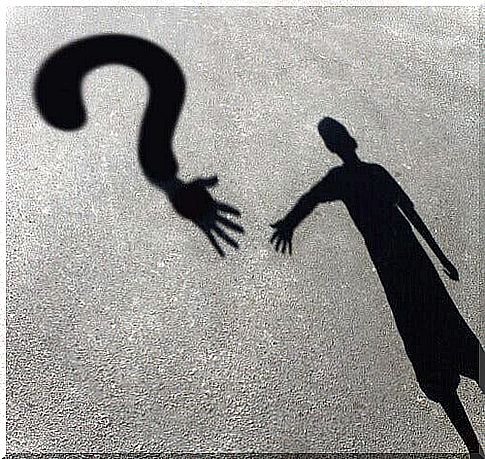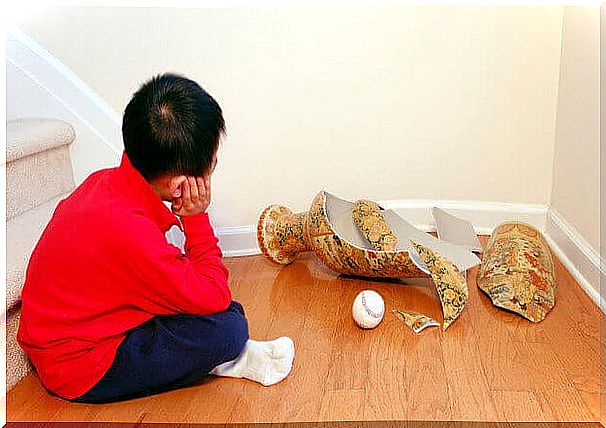Imaginary Friends In Children: What To Do? – Being Parents

Imaginary friends never betray them and are always ready to listen to them, to console them and to accompany them no matter when or where they need to be.
The imaginary friends . A very real situation
Having imaginary childhood friends is a fact that sometimes surprises families.
- Our child feels lonely?
- Maybe we are not paying enough attention to him?
- Is his concern so great that he had to look for an imaginary friend to confide in?
- Why did he invent such a friend and not look for a real one?
Many parents believe that if their child has made an imaginary friend, it is because they are going through some misfortune or lack of companionship.
This uncertainty as to whether they are doing well or whether the education they are giving their child is deficient, leads them to ask themselves countless questions which, most of the time, only increase the dilemma.
In searching for answers, the same parents wonder if it is only their child who has imaginary friends or if this is a trend of children today.
In order to clarify these and other doubts, here are our answers.
What are imaginary friends?
Imaginary friends are non-real characters who live in the minds of children and who appear and disappear according to the needs of each little one.

Are they the consequence of a mental disorder?
Not necessarily, in general this is normal. These characters tend to appear in the minds of children between 2 and 8 years old and disappear with time.
However, if you suspect that the arrival of imaginary friends to your child is out of the ordinary, we always recommend that you seek the help of a specialist. Consult a child psychiatrist because it is he who can tell you if it is something temporary or a symptom of a disorder.
Imaginary friend reveals creativity, is that true?
Yes, imaginary friends are fantasies made up by little ones and as long as there are fantasies, creativity exists.
Imaginary friends are the same as dolls coming to life, totally unreal characters, fictional animals… they can have incredible “physical” characteristics and do what no one else can.
What to do with imaginary friends?
Nothing, absolutely nothing. Adults shouldn’t worry about imaginary friends, on the contrary, it may be good for the child to have a “companion” to play and talk to. If that annoyed him or hurt him, the child would not invent the presence of this friend.
The parent must of course act and speak with the imaginary friend as a child does. Ignoring him, rejecting him, or berating his child whenever his imaginary friend surfaces in real life is not recommended.
It is also not necessary to tell the child that this friend does not really exist and that these are lies that he is making up for himself.
Imaginary friends can be a part of childhood and as part of the growing process they need to be accepted by families.
It is right to react only when the child wants, for example, to accuse his imaginary friend of a nonsense that he has done himself and, therefore, to avoid all kinds of responsibilities.
When are they of concern?
As we have explained before, every family, by intuition, can assume that an imaginary friend is out of the ordinary. In this case, it is better to seek help from a specialist.
In addition, you should talk to your child or see a psychologist when:
- The child deals with recurring subjects with his imaginary friend that are not in keeping with his age, such as death.
- The little one prefers to be with his imaginary friend than with his real companions.
- The imaginary friend “has” bad ideas and always invents reckless nonsense that endangers the child.
- The child has no real friends and does not know how to behave with the comrades of his nursery or school.
The prevalence of imaginary friends
About half of the world’s children at one point or another in their lives (for long periods of time or just once) have had an imaginary friend.
Some create an imaginary friend who accompanies them at every moment, others invent one to play, while still others create it for a specific moment and then forget it.









